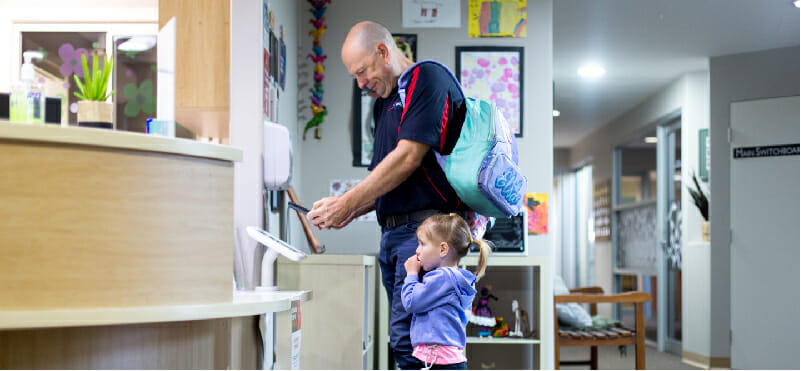
‘To be in your children’s memories tomorrow, you have to be in their lives today.’
– Barbara Johnson
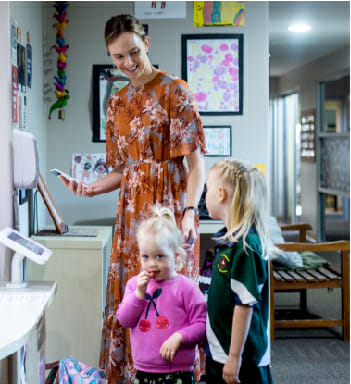 What is positive parenting?
What is positive parenting?
According to Wikipedia, positive parenting, otherwise known as PD (Positive Discipline), is a guidance model used by some schools and parents that focuses on the positive points of behaviour. It’s based on the idea that there are no bad children – just good and bad behaviours.
If we look further into this approach and the relationship between parents and children, and the impact on their brain development, it’s clear that adopting some of the ideas behind it are beneficial.
Did you know that 90% of brain growth occurs before your child reaches kindergarten?
The quality of your child’s relationships in life from birth to the age of five has lasting effects on their brain development. Childhood experiences make a difference in a child’s life. They can lead to more purposeful adult lives.
The earlier years provide the best opportunities to help your child learn how to develop healthy connections. These lead to better communication, motivation, self-regulation and problem-solving. Do you have to be the perfect parent? Of course not – but what’s essential here is that you create opportunities to interact with your child, displaying love and care, showing them interest, and being present and responsive. It’s a bit like the expression that ‘people won’t remember what you said to them or what you did, but they will remember how you made them feel, whether it’s good or bad. The same applies to your child and how you make them feel when they are trying new things or trying to get your attention. Responding in positive ways provides a better chance of having a positive outcome.
Why positive parenting is important?
Positive parent-child relationships lay the foundations for a child’s physical, emotional and social development. Not only is it important for the child, this type of relationship nurtured through positive reinforcement and interactions, helps to create life-long bonds between the child and parent.
Research suggests that we need five positive interactions to every negative one to help relationships stay healthy. We can often get caught up focusing on correcting our children in the vain of teaching and guiding them that we forget to give them praise and positive responses.
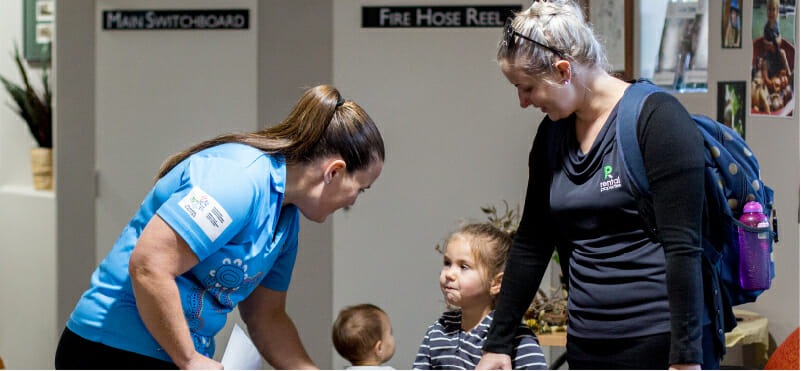
Benefits of positive parenting and relationships
- A child will learn to regulate their emotions easier when confronted with challenging situations.
- It provides a strong foundation for better social and academic outcomes.
- A young child who develops an attachment style to their parents that is healthy and secure tends to have better relationships with others later on in life.
- It helps create self-worth in adolescents, leading to adulthood.
Being responsive as a busy parent
- If you see your child behaving well, praise them and tell them – this will help build their self-esteem.
- Change up some routines for fun, like having a picnic in the park or at the beach instead of eating at the dinner table – creating fond memories and experiences.
- Try new activities now and again with your child, teaching them something new and allowing them to make mistakes. Reward them for trying a new activity. Perhaps it’s helping to make dinner, creating a new piece of artwork or playing a new game together.
- Develop some habits that you can easily fit into your daily work/life schedules where you interact with your child – one of the more obvious ideas is a bedtime story.
- Create time with your child where you put your phone away, turn off the TV and talk, play, laugh and listen to your child.
- When you get in the car, turn off the music and create space for your child to talk if they want to.
There are so many different ways to express and demonstrate positive parenting guidance. Find what works for you and your family. Help your child’s early development and create a strong family bond that will create long-lasting memories and good relationships.
St Joseph’s Family Services Programs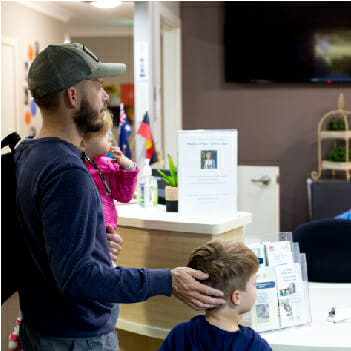
Positive behaviour guidance strategies used with children at our centres include:
- Teaching them about regulation zones and tools to express their emotions in a healthy way, such as slow breathing techniques.
- Recognising they are still learning and allowed to make mistakes.
- Being there for them when they need a hug and time to calm down.
- Building their self-esteem and positive self image, encouraging empathy for others, building social skills through role modelling and scaffolding interactions.
- Rewarding good behaviour.
- Distracting children from negativity and helping them to focus their energy on jobs.
- Making them feel important by assigning roles, such as teacher’s helper, weather reader etc.
- Providing them with choice and autonomy.
We connect with various community organisations to help empower parents with many options for positive parenting strategies and tools. This includes letting families know when parenting workshops are being offered in our local area, such as the ‘P5 Parenting Program’.
For more information, please contact us






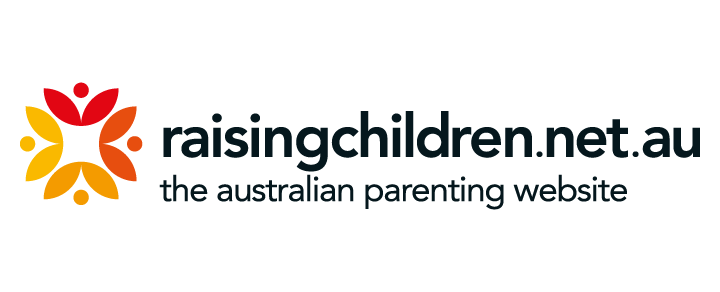
Leave A Comment